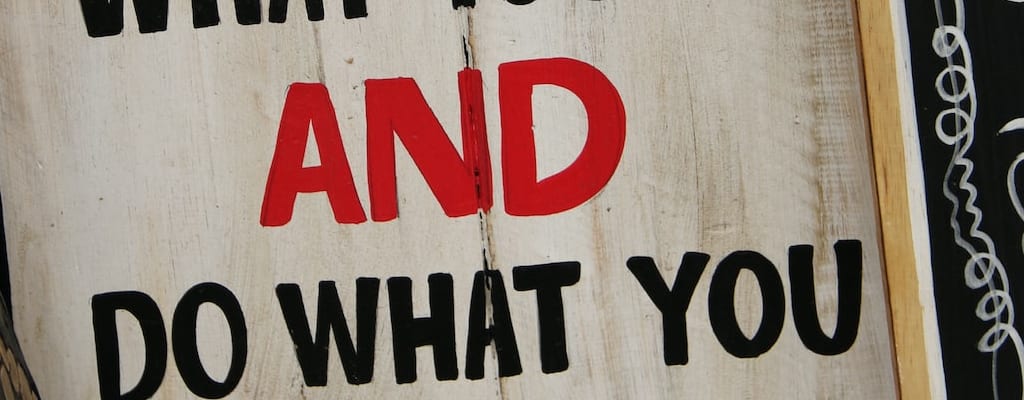get the drawers: Idiom Meaning and Origin
What does ‘get the drawers’ mean?
The idiom "get the drawers" means to become extremely angry or outraged over something.

Idiom Explorer
The idiom "in high dudgeon" means to be in a state of extreme anger or resentment.
The idiom "hit the roof" means to become very angry or furious about something.
The idiom "have someone's guts for garters" means to be extremely angry with someone and to be prepared to punish or harm them severely.
The idiom "have a fit" means to become extremely angry, upset, or emotional about something.
The idiom "go off at score" means to become very angry or upset about something.
The idiom "get up the yard" means to become angry or annoyed. It is commonly used to describe someone who becomes frustrated or irritated.
The idiom "get someone's dander up" means to make someone angry or agitated. It implies that something has provoked a person to the point of becoming heated or irritated.
The idiom "get someone's back up" means to irritate or cause someone to become defensive or angry.
The idiom "get on someone's nerves" means to irritate or annoy someone, causing them to feel frustrated or agitated.
The idiom "get one's undies in a bundle" means to become excessively agitated, annoyed, or worried about something. It implies a state of being overly concerned or worked up over a minor issue or problem.
Drawers Unveiled
Get the drawers is an idiom that is widely used in colloquial American English. It is primarily used as an exclamation or an imperative sentence, often said with a sense of urgency or enthusiasm. It is typically used when someone wants another person to hurry up, get moving, or take action quickly.
This idiom can be seen as a figurative expression, urging someone to act swiftly or get moving. The use of "drawers" in the idiom adds a playful and informal tone. It is believed to have emerged in the late 20th century, and its exact origin remains unclear. However, the combination of the words "get," "the," and "drawers" conveys the figurative meaning of acquiring or moving swiftly.
"Get the drawers" is more commonly used in certain regions of the United States, such as the South, where it is considered more prevalent. In colloquial Southern American English, euphemisms and regional slang are common, which may explain the informal nature of this idiom.
This idiom is primarily used in spoken language, particularly in casual conversations and informal settings. It is more likely to be heard in everyday interactions among friends, family members, or colleagues. In formal or written contexts, the idiom has not gained significant popularity.
Understanding the meaning and usage of this idiom can help individuals navigate informal conversations and comprehend its intention. While it may not be commonly heard in all regions of the United States or in formal settings, knowing the idiom and its usage can contribute to a comprehensive understanding of American English idiomatic expressions and their cultural significance.
Now let's explore how "get the drawers" is related to other idioms:
The idiom "get one's shirt out" is similar to "get the drawers" in the sense that both convey a sense of urgency or agitation. "Get one's shirt out" is used when someone becomes annoyed, frustrated, or flustered about a particular situation. It is a figurative expression indicating a state of agitation, just like "get the drawers."
Similarly, the idiom "get one's panties in a wad" also conveys a sense of frustration or annoyance. It is used when someone becomes overly upset or agitated about a trivial matter. Like "get the drawers," it is an informal phrase with a playful tone.
Lastly, there is the idiom "get up the yard." This phrase is primarily used in British English and refers to someone being angry or irritated. It can be seen as a synonym for "get the drawers" in terms of expressing frustration or agitation.
All these idioms share a common thread of conveying a sense of urgency, agitation, or frustration. They are informal expressions often used in colloquial conversations, adding a playful and conversational tone to the speech. Understanding these idioms can contribute to a deeper understanding of the nuances of American and British English and their idiomatic expressions.
Example usage
Examples of how the idiom "get the drawers" can be used in a sentence:
- After hours of practice and dedication, the young pianist finally got the drawers and performed flawlessly at the concert.
- The team's hard work and determination paid off when they got the drawers and won the championship game.
- Despite facing numerous challenges, the entrepreneur never gave up and eventually got the drawers by building a successful business.
More "Slang" idioms



